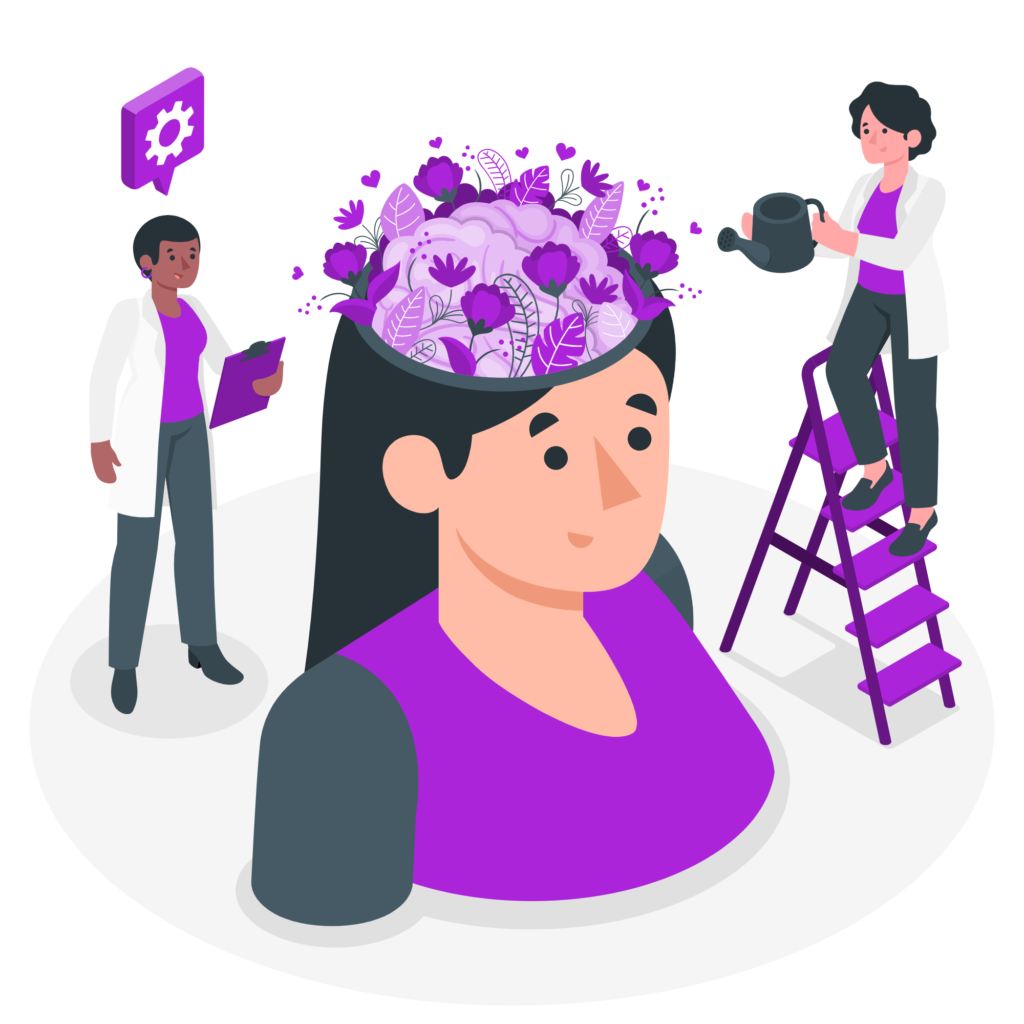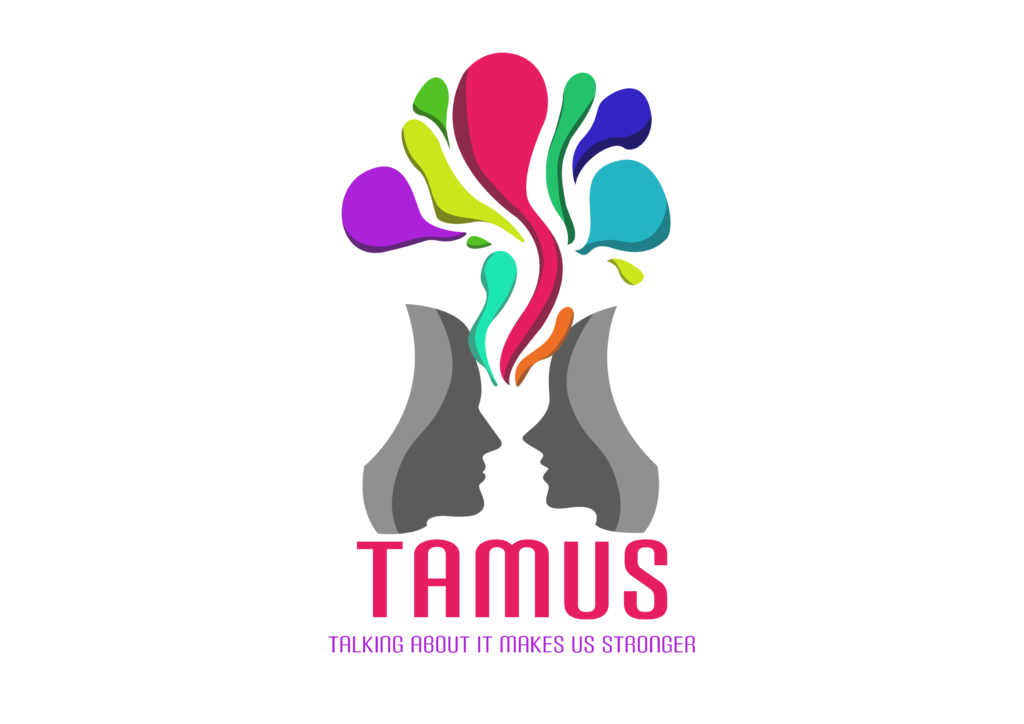ABOUT US
The TAMUS (Talking About it Makes Us Stronger) project aims to support families in Europe in promoting positive mental health through a family learning approach. The project focuses on engaging family members across generations, from children to senior adults, in learning about mental well-being. Key target groups include parents, young adults, teenagers, children, and senior adults, with tailored resources to facilitate intergenerational discussions on mental health.


The European Commission’s support for the production of this publication does not constitute an endorsement of the contents, which reflect the views only of the authors, and the Commission cannot be held responsible for any use which may be made of the information contained therein. Project Number: 2022-1-DE02-KA220-ADU-000085693
